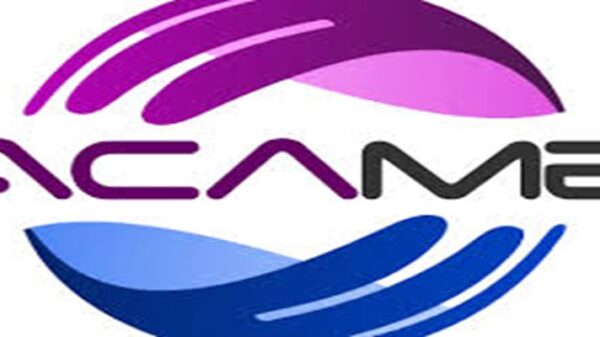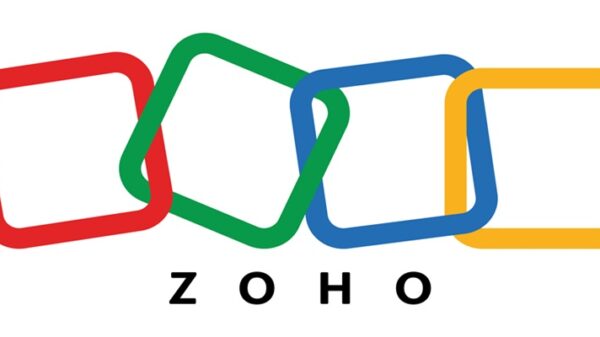Directors and key management personnel of Deposit Money Banks have borrowed approximately N549bn from their financial institutions over five years, as per The PUNCH analysis of the banks’ annual reports submitted to the Nigerian Exchange Limited from 2019 to 2023.
Nevertheless, loans and advances from the banks to certain directors and key management personnel, as well as related party transactions, saw a significant decrease in 2023.
These transactions decreased to N52.40bn for eight financial institutions, down from N111.31bn in 2022, marking a 52.92 percent decline within a year.
The financial institutions reviewed in the 2023 analysis include Access Holdings, Guaranty Trust Holding Company Plc, Zenith Bank Plc, United Bank for Africa, Fidelity Bank, Wema Bank, Stanbic IBTC Holding Plc, and the FCMB Group.
This decline coincided with the issuance of new corporate governance guidelines by the Central Bank of Nigeria, which became effective on August 1, 2023.
The guidelines, outlined in a circular dated July 13, 2023, and signed by the Director of the Financial Policy and Regulation Department, Chibuzo Efobi, impose responsibilities on the bank board and executive compliance officers, superseding previous codes, circulars, and directives.
The CBN guidelines on related party transactions stipulate that banks must establish a policy regarding insider trading and related party transactions by directors, senior executives, and employees, and publish the policy or a summary on their website.
Additionally, the policy should include appropriate standards and procedures to ensure effective implementation, along with an internal review mechanism conducted by the bank’s internal audit function to evaluate compliance and effectiveness of the policy.
Fidelity Bank Plc experienced the most significant decrease in loans to related parties and entities controlled by key management personnel, dropping from N92.31bn in December 2022 to N2.09bn by the end of the following year.
The bank noted in footnotes that certain related parties, such as A-Z Petroleum Limited, Dangote Group, and Genesis Group, had ended their related party relationships by the end of 2022 in compliance with CBN regulations.
The total insider loans for ten banks in 2022, including Access Holdings, Guaranty Trust Holding Company Plc, Zenith Bank Plc, United Bank for Africa, Fidelity Bank, Wema Bank, Stanbic IBTC Holding Plc, FCMB Group, Unity Bank, and Sterling Bank, amounted to N131.04bn. Fidelity Bank led with N17.32bn, followed by Unity Bank at N13.74bn and UBA at N13.74bn.
In 2021, loans to related parties for these financial institutions reached N139.16bn, with Fidelity Bank and UBA leading at N97.73bn and N15.28bn, respectively, while GTCO followed with N6.859bn.
Between 2019 and 2020, a total of N226.6bn was disbursed as loans, with various banks lending to their key management personnel and related companies. GTCO, Zenith Bank, UBA, Wema Bank, Stanbic IBTC, FCMB, Unity Bank, and Sterling Bank provided loans to related parties during this period. The total loans increased by 564 percent in 2020 to N196.97bn.
Access Bank provided the highest loan amount of N174bn to its directors and related companies, followed by Unity Bank with N7.55bn, and Sterling Bank with N6.01bn. Other banks, such as Fidelity, GTBank, Zenith Bank, UBA, Wema Bank, Stanbic IBTC, FCMB, Unity Bank, and Sterling Bank, also lent varying amounts to their directors.
According to Ambrose Omordion from InvestData Consulting, the practice of providing insider loans is acceptable as long as the borrowers can repay. He emphasized the importance of banks ensuring the safety of depositors’ funds.
Ayokunle Olubunmi from Agusto&Co added that there is no direct link between insider loans and an increase in Non-Performing Loans (NPLs), although caution should be exercised to prevent excessive lending without proper procedures.
Certain banks have stricter policies when it comes to loans involving insiders. This is primarily due to the corporate governance regulations set by the CBN.
These regulations require banks to disclose the loan amount, collateral, and the performance of such accounts.
By doing so, analysts and investors can assess the loan’s performance, and if it is non-performing, it raises concerns.
Segun Aremu, a financial analyst and Chief Responsibility Officer at Peculiar Innovative Consulting, expressed his concern about the prevalence of insider loans in the Nigerian banking sector. He believes these loans reflect a lack of corporate governance, that discourages investors.
Additionally, he highlights that such loans increase the risk of high non-performing loans and negatively impact the banks’ profitability. Aremu suggests that banks should focus on improving their financial intermediation role by providing loans to manufacturers and employers of labor to drive the economy.
On the other hand, minority investors believe that as long as the loans are performing and disclosed, there is no cause for concern.
Eric Akinduro, Chairman of the Ibadan Zone Shareholders Association, emphasizes that the performance and disclosure of the loans are crucial. However, if a loan is not performing, it can lead to a higher rate of non-performing loans, which can ultimately harm the business and concern shareholders.
Bisi Bakare, the National Coordinator of the Pragmatic Shareholders Association of Nigeria, also supports the idea that performing loans contribute to the growth of non-performing loans.
In other words, if the loan performs well, it reduces the risk of non-performing loans.
Overall, the issue of insider loans in the Nigerian banking sector raises concerns about corporate governance, non-performing loans, and the impact on shareholders and businesses.
She urged the regulators to step up and ensure insider loans are not forgiven.
The PUNCH
![]()





























































